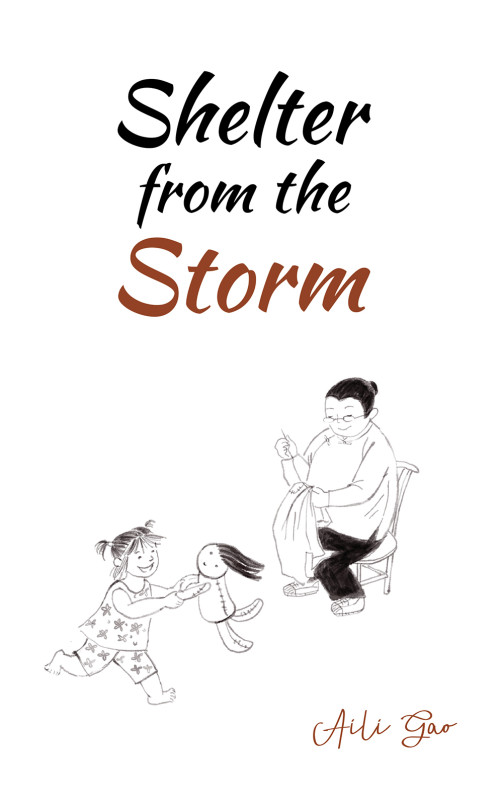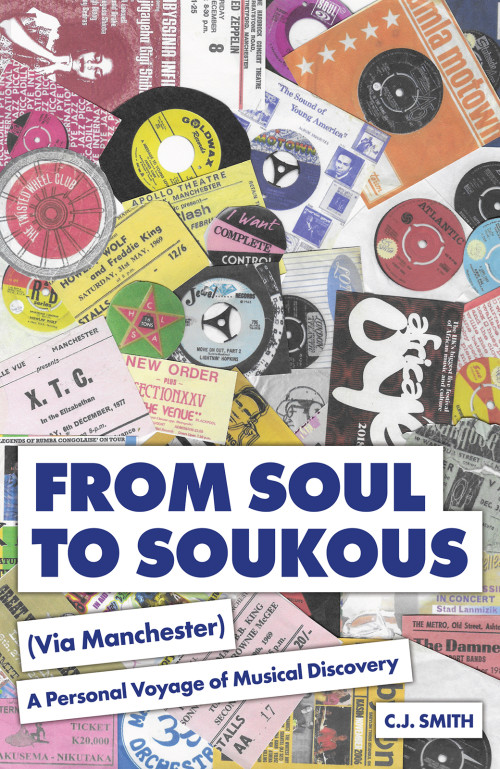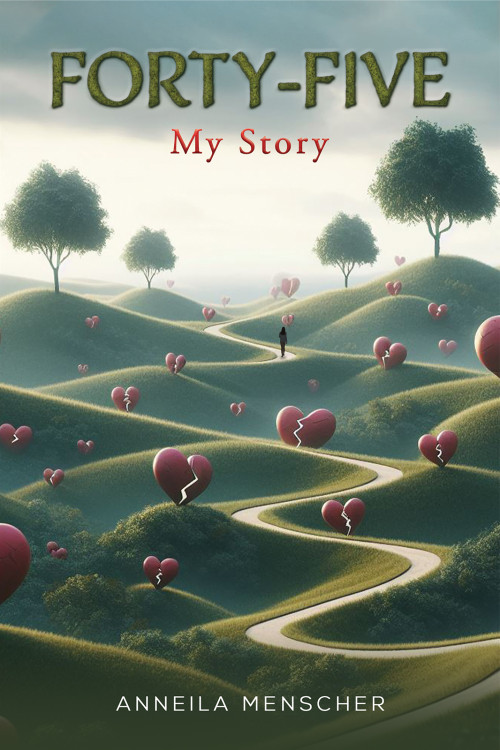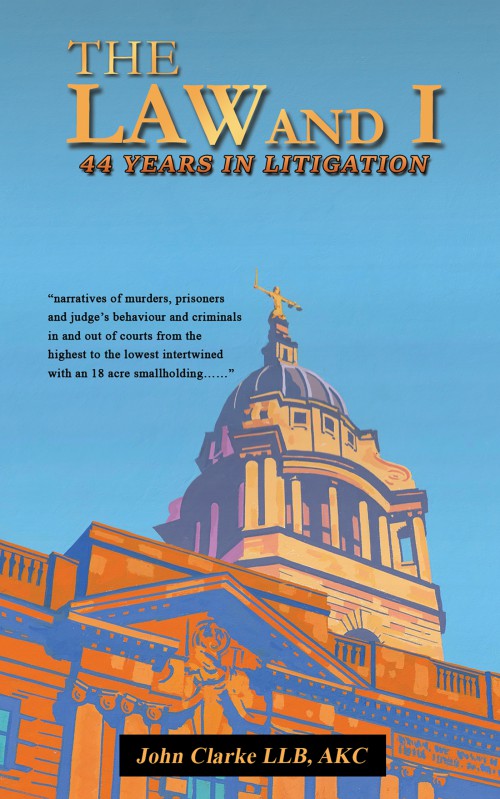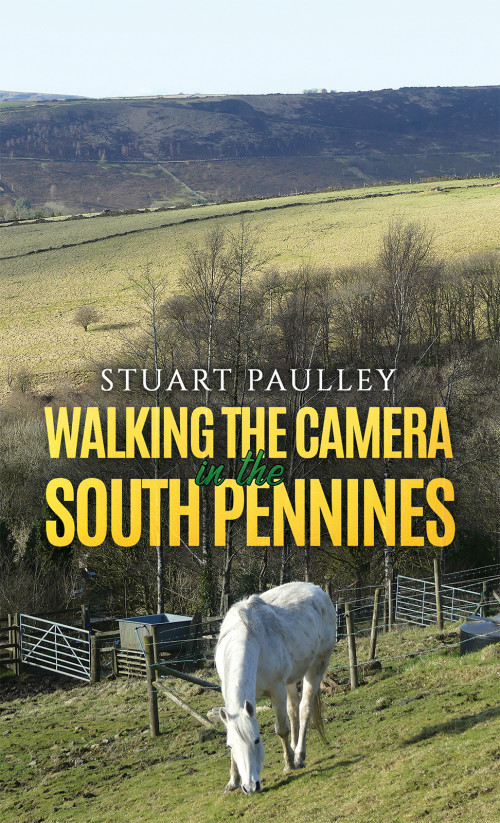Book Description
So many accounts of the years of the Chinese Cultural Revolution focus on its violence and suffering. In this unusual story, Aili describes a happy early childhood in a community whose way of life, with its beliefs and traditions, had been cultivated through centuries. With equal innocence she is able to carry the reader from the intimacy of bedtime to the spectacle of a public shaming, from the facts of foot binding to the mythology of fishermen. Naïve as she must have been, she has no real understanding of the first irruptions of Mao’s bleak communist philosophy into a stable community, and can only hint at the terror, with its re-education and punishments, which accompanied it.

